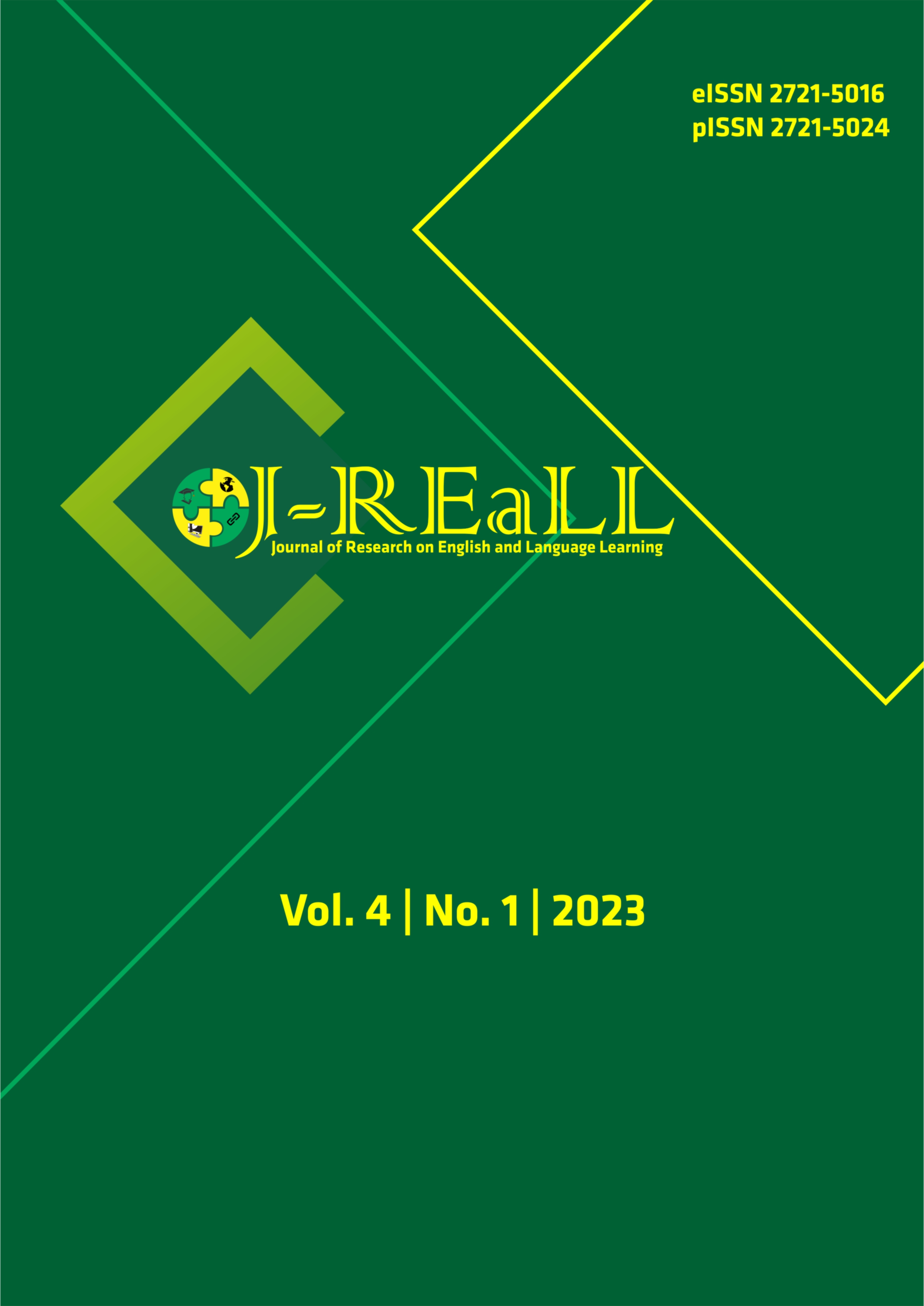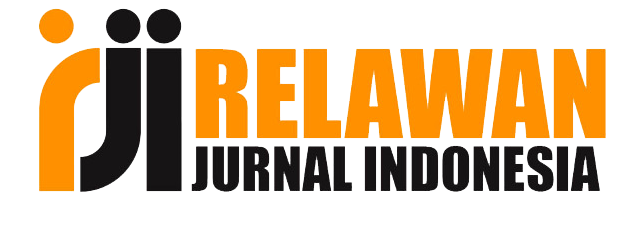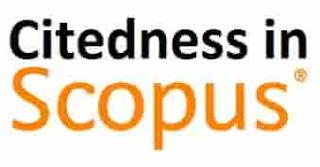Oral corrective feedback as a formative assessment in teaching speaking skill
DOI:
https://doi.org/10.33474/j-reall.v4i1.19432Keywords:
formative assessment, oral corrective feedback (OCF), teaching speakingAbstract
The purpose of this research is to investigate how teachers and students implement OCF in speaking for EFL students. This research aims at figuring out and reviewing the process, the implementation, and the preferences of teaching-learning in the classroom by applying a type of assessment; that is oral corrective feedback (OCF). English needs to have an assessment as it becomes crucial and affects students from the diagnostic test to the final test. Speaking is a skill that needs to be mastered by students, but it has a lot of challenges faced by foreign students. The term assessment means procedural steps conducted in educational systems to interview, observe, construct questions, review students’ work, and respond to students’ work. Assessment is broken down into two types, formative and summative assessment. Formative assessment is done during the teaching-learning process when the class is still running. Meanwhile, summative assessment happens at the end of the learning period, and it is the last judgment of the teachers. One of the formative assessments that is mostly used and applied is feedback. OCF becomes the focus of this research to improve the students’ speaking skills and to minimize their errors. This research applies library research to find out the use of OCF. It can be seen from the teachers’ feedback because the students will get their errors and try to correct them based on the feedback given by the teachers.
References
Alharbi, A.S., Alhebshi, A.A., & Meccawy, Z. (2021). EFL students’ and teachers’ perceptions of Google Forms as a digital formative assessment tool in Saudi Secondary Schools. Arab World English Journal (AWEJ) Special Issue on CALL, (7), 140-154. DOI: https://dx.doi.org/10.24093/awej/call7.10
Allal, Linda. (2021). Involving primary school students in the co-construction of formative assessment in support of writing. Assessment in Education: Principles, Policy & Practice, 28 (5-6), 584-601. DOI: https://doi.org/10.1080/0969594X.2021.1951164
Bachman, Lyle f, J.Charles Alderson. (1996). Assessing Writing. Cambridge: Cambridge University Press.
Brookhart, S. M. (2008). How to give effective feedback to your students. Alexandria, VA: Association for Supervision and Curriculum Development.
Brown, H.D. 2003. Language Assessment (Principle and Classroom Practice). Longman.
Doski, P.M., & Cele, F. (2018). The effect of oral corrective feedback on the article errors in L3 English: Prompts VS Recasts. English Language Teaching, 11(8), 143-157. DOI: http://dx.doi.org/10.5539/elt.v11n8p143
Dwiyanti, K.E., & Suwastini, N.K.A. (2021). Assessment for writing skills in online learning. Lingua Scientia, 28 (1), 8-19. DOI: https://doi.org/10.23887/ls.v28i1.29069
Ellis, Rod. (2009). A typology of written corrective feedback types. ELT Journal, 63 (2), 97-107.
Ezir, Ely. (2013). Assessment and testing in ELT: The difference between assessment and testing. Jurnal SAINTIKOM, 12(1), 37-42.
Fadilah, A.I., Anugrahwati, M., Prayogo, J.A. (2017). EFL students’ preferences for oral corrective feedback in speaking instruction, Jurnal Pendidikan Humaniora, 5 (2), 76-87. DOI: http://dx.doi.org/10.17977/um030v5i22017p076
Lier, LV. (1995). Introducing Language Awareness. London: Penguin.
Lyster, R., & Ranta, L. (1997). Corrective feedback and learner uptake: Negotiation of form in communicative classrooms. Studies in Second Language Acquisition, 20, 37-66. DOI: http://dx.doi.org/10.1017/S0272263197001034
Nurhayati, A. (2020). The Implementation of formative assessment in EFL writing: A case study at a Secondary School in Indonesia. Pedagogy: Journal of English Language Teaching, 8 (2), 126-137. DOI: https://doi.org/10.32332/pedagogy.v8i2.2263
Muslem, A., Zulfikar, T., Astilla, I., Heriansyah, H., & Marhaban, S. (2021). Students' perception toward oral corrective feedback in speaking classes: A case at English Education Department Students. International Journal of Language Education, 5 (4), 244-259. DOI: https://doi.org/10.26858/ijole.v5i4.19010
Russell, J., & Spada, N. (2006). The effectiveness of corrective feedback for the acquisition of L2 grammar: A Meta-Analysis of the Research. In J. M. Norris, & L. Ortega (Eds.), Synthesizing Research on Language Learning and Teaching (pp. 133-164). John Benjamins Publishing Company. DOI: https://doi.org/10.1075/lllt.13.09va
Thornbury, S. (2005). How to Teach Speaking. England: Pearson Educational Limited.
Downloads
Published
How to Cite
Issue
Section
License
Copyright (c) 2023 Siti Mahmudah; Pooja Anggunsari

This work is licensed under a Creative Commons Attribution 4.0 International License.
Authors who publish this journal agree to the following terms:
- Authors retain copyright and grant the journal right of first publication with the work simultaneously licensed under a Creative Commons Attribution License that allows others to share the work with an acknowledgement of the work's authorship and initial publication in this journal.
- Authors can separately make additional contractual arrangements for non-exclusive distribution published by the journal (e.g., publish it in a book), with an acknowledgement of its initial publication in this journal.
- Authors are allowed and encouraged to send their work via online (e.g., in the institutional repositories or their website) after published by the journal.






















